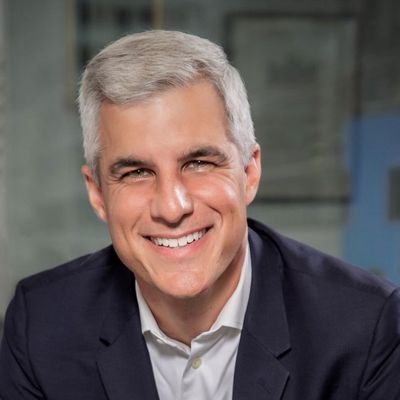2x TONY Award-Winning Broadway Producer, Ken Davenport, has grossed ~$500M with productions seen in 25 countries. In 2019, Davenport Theatrical Enterprises was just named by Inc. 5000 as one of America’s fastest-growing private companies. If you’re feeling stuck and want to create change, discover Ken’s practical tools.
Click here to access bonus resources from this episode.
Connect with Ken Davenport:
Connect with Tony Howell:
Episode Credits:
- Art by Tony Howell + Gertrude Pillena
- Editing by Connor Lynch
- Hosting by Broadway Podcast Network
If you enjoyed this episode, please visit RateThisPodcast.com/tonyhowell. Be sure to check out our past conversations and subscribe for next month’s special guest!


